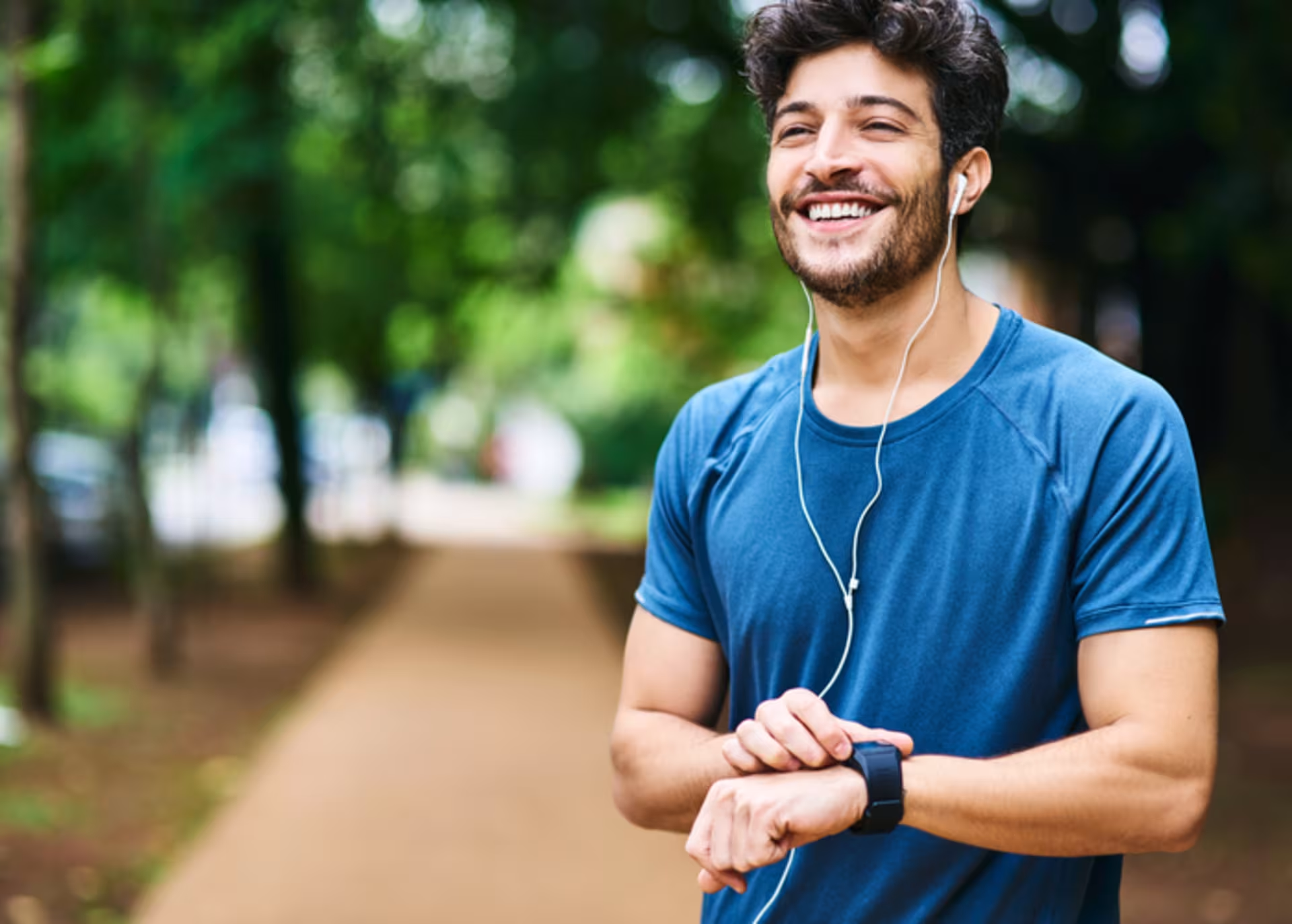Read time 4 minutes
Published on Jan 5, 2021
Much has been written about the physical health benefits of exercise. It’s an effective remedy for everything from obesity to high blood pressure and can even help prevent certain types of cancer. Yet, the mental health benefits of exercise are often overlooked. Indeed, routinely enjoying exercise is an effective way to manage stress, improve self-confidence and enhance brainpower. While exercise alone might not suffice to manage mental health disorders, it can serve as a powerful complement to psychiatric medication or psychotherapy.
Management of Stress
All humans naturally have a “fight or flight” stress response. Eons ago, this response helped humans survive life-or-death situations. When a dangerous situation presents itself, the body’s stress response delivers a quick boost of alertness and energy. Even today, the “fight or flight” response can save your life in dire situations. However, the stress response is only beneficial to the body and brain in small doses.(See disclaimer 1)
Today, many people experience an ongoing stress response throughout the day. Chronic stress affects countless children, teens and adults, and both the body and mind pay a high price. Ongoing stress can cause or exacerbate health problems such as insomnia, depression, anxiety, heart disease, memory loss and even skin conditions. Stress makes it difficult to concentrate and it can increase irritability and feelings of isolation.
Fortunately, exercise is an effective remedy for chronic stress. Exercise mimics the stress response in the body, which allows the bodily systems to practice getting through the stress response without harm. Furthermore, exercise releases a flood of “feel good” hormones. It also serves as an effective distraction from the tensions of the day. Working out can minimize stress as you concentrate on your physical movements.(See disclaimer 2)
Improved Self-Confidence
Have you ever felt winded from climbing a few flights of stairs to get to class? Or discouraged because you weren’t strong enough to move a sofa by yourself? Challenging yourself to push safely past your limitations, a little at a time, builds self-confidence. Each time you work out, you can challenge yourself to run for a few more minutes or lift weights that are a little heavier than before. Before you know it, your endurance and strength will have reached new heights, and you’ll be able to do things that were once beyond you.
If you’re relatively new to regular exercise, it can be helpful to set small goals to push yourself just a little bit more every week. Each time you achieve such a goal, you’ll feel a boost of self-esteem and self-confidence. This positive feeling can carry over to other areas of your life because you’ll know that you’re capable of doing more than you thought.
Boost in Brainpower
Who wouldn’t love an extra boost in memory and cognitive function? A strong working memory is especially important for students and others in academia, and it’s yet another compelling reason to enjoy exercising regularly. Studies show that regular exercise can improve both memory retention and overall cognitive function.
For example, one study performed by researchers from the University of British Columbia examined the effects of regular aerobic exercise on the brain. The researchers found that the workouts appeared to increase the size of the hippocampus.(See disclaimer 3) This area of the brain is specifically involved with learning and verbal memory. Exercise also benefits the hippocampus by stimulating neurogenesis, the process of creating new neurons in the brain.(See disclaimer 4) These additional neurons magnify the ability to learn and remember.
Further studies have found that people who exercise regularly tend to have a larger volume of brain matter in other key areas: the prefrontal cortex and the medial temporal cortex. These regions of the brain play an integral role in memory and thinking. Moreover, even a person who has never exercised before can begin to cultivate these benefits. Just six months of faithfully following a moderate-intensity exercise program can increase the volume of these areas in the brain.(See disclaimer 3)
Improved Sleep
It’s well established that sleep deprivation negatively affects both brainpower and emotional wellness. A person whose sleep is deficient in quantity or quality is more likely to be irritable and moody. Poor sleep also causes problems with concentration, memory, learning and productivity.
However, exercise can help overcome sleeping challenges. Studies have determined that moderate-intensity aerobic exercise helps individuals with insomnia fall asleep faster and wake up less often during the night. What is more, these benefits accrue reasonably fast. After as few as four to 24 weeks of exercising, study participants reported significant improvements in the quality and quantity of their sleep.5
Grand Canyon University has always prioritized the health, safety and quality of life of our students. Here you will find exceptional opportunities, from our state-of-the-art fitness centers to our intramural sports teams to the GCU Outdoor Recreation Program. Our campus even boasts its own golf course and NCAA Division I men’s and women’s golf teams. Click on Request Info above and connect with our admissions department today.
Retrieved from:
(See disclaimer 1)https://www.helpguide.org/articles/stress/stress-symptoms-signs-and-causes.htm, October 2020.
(See disclaimer 2) https://www.mayoclinic.org/healthy-lifestyle/stress-management/in-depth/exercise-and-stress/art-20044469, October 2020.
(See disclaimer 3)https://www.health.harvard.edu/blog/regular-exercise-changes-brain-improve-memory-thinking-skills-201404097110, October 2020.
(See disclaimer 4)https://www.sciencedaily.com/releases/2016/02/160208083606.htm, October 2020.
(See disclaimer 5)https://www.sleepfoundation.org/insomnia/exercise-and-insomnia, October 2020.





